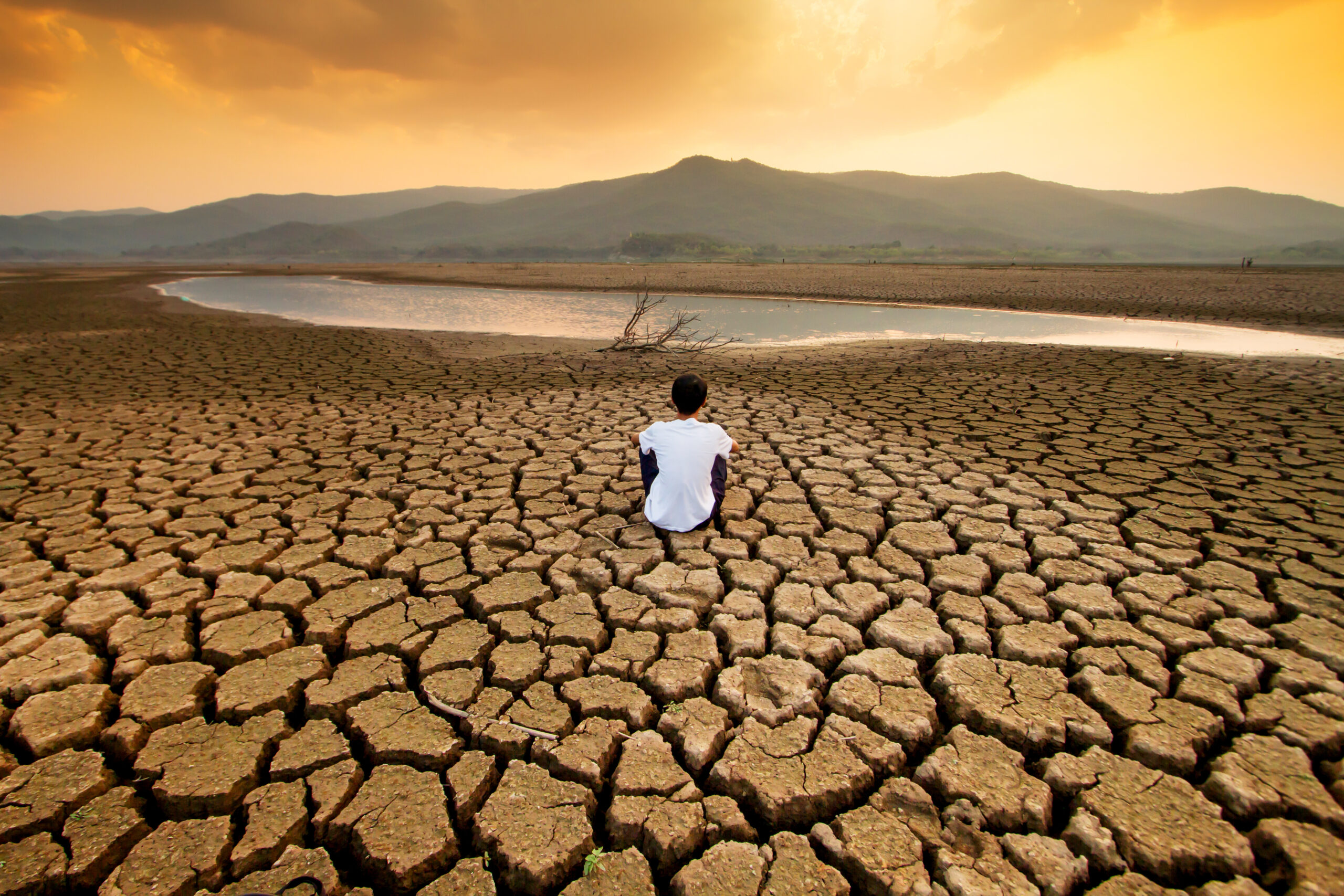Central Europe faces a dual threat from the escalating extremes of temperature fluctuations, including heatwaves and drought. These challenges are not just environmental concerns but also pose significant risks to the health and well-being of the most vulnerable populations, including the elderly, children, and those with chronic illnesses. By 2050, the spectre of temperatures soaring above 35°C threatens to become a reality for an additional 1.4 billion people globally, underscoring the urgency of addressing these risks. The training navigated the participants through the complexities of climate projections and scenarios, highlighting Europe’s rapid warming compared to global averages. With temperature anomalies reaching up to 2.5°C higher than pre-industrial levels, the session underscored the need for a nuanced understanding of Representative Concentration Pathways (RCPs) and Shared Socioeconomic Pathways (SSPs) to forecast and mitigate future climate conditions effectively. The session emphasized the importance of evidence-based adaptation planning, incorporating vulnerability assessments and stakeholder needs into resilience-building development plans and practices. It not only highlighted the physical measures necessary to combat temperature extremes but also stressed the importance of community engagement, policy recommendations, and structural changes needed to enhance public awareness and preparedness. Attendees were introduced to a spectrum of adaptation strategies, from urban planning measures like green roofs and cooler pavements to nature-based solutions that harness the power of green infrastructure for temperature management. The training showcased examples from cities like Barcelona, highlighting how urban areas can become pioneers in combating the heat island effect and protecting their populations from heat-related health risks. As the MISSION CE Climate Project continues its vital work in educating and mobilizing stakeholders across Central Europe, this training session represents a crucial step forward in the collective journey toward climate adaptation and resilience. The insights and strategies shared during this session offer a roadmap for action, underscoring the project’s commitment to equipping cities and communities with the knowledge and tools needed to face the realities of climate change head-on. As we move forward, the MISSION CE Climate Project remains dedicated to fostering collaboration, innovation, and resilience in the face of one of the greatest challenges of our time. A recording of the session is available in the Media tab on this website and on YouTube: https://www.youtube.com/watch?v=WfR8lCXkqeE&t=36s

Climate change and global warming concept. Children sitting on drying lake with the sky turning orange by an pollution from industrial or city.
Burning Issue: Temperature-Based Climate Risks and Resilience Strategies in Central Europe
Date: 01.02.2024